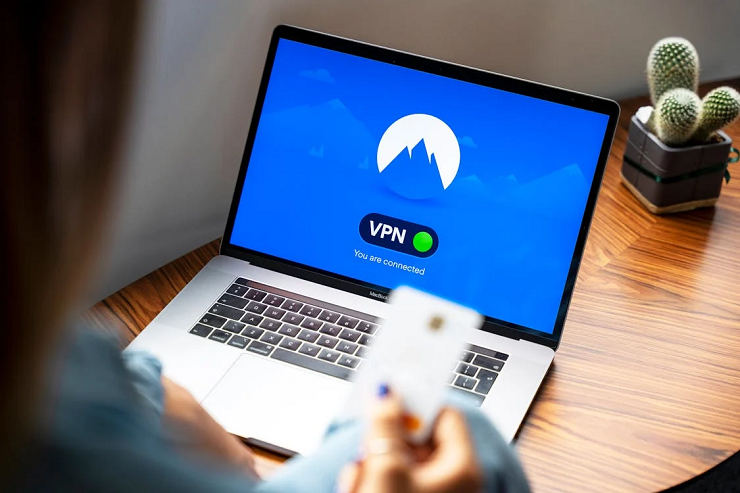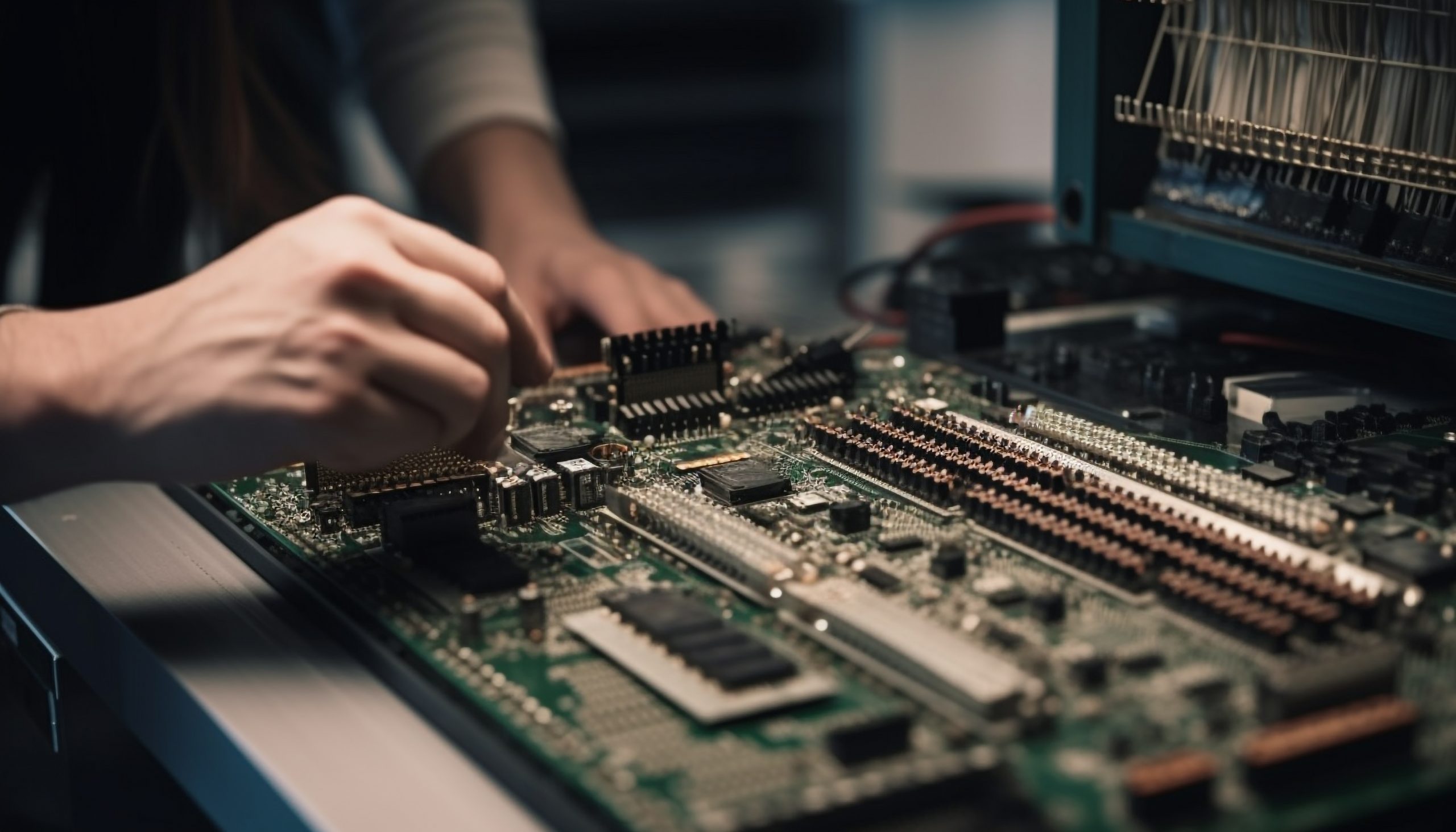

Cyber security is something we should all learn and practice regardless of our age. However, seniors as a demographic should be particularly aware of cyber security. This is because seniors are specifically vulnerable to Internet scams and malware attacks. It is more important than ever for seniors to educate themselves about maintaining healthy cyber security.
The Pew Research Centre reports that seniors’ technology use is increasing, with 69% of American seniors regularly going online. At present, seniors are using the web for communication, entertainment, transactions, and social media. If seniors are not online, it is likely that they will be forced to access the Internet in the near future as many services move to providing core services online.
With seniors accessing online services more, the risk to cyber security for seniors is also on the rise. Seniors often lack the computer literacy of the younger generations to know how to practice safe cyber security.
Related: Tips on how to keep Your Internet Usage in Private
Internet scammers notoriously target seniors as they are more susceptible to trusting strangers and often lack confidence in using the Internet. There are many scams out there that aim to defraud seniors by obtaining their personal details or pressure them into payments. Many of these are initiated through the Internet, whether by email, social media sites or other online delivery methods, like manipulating browsers.
One example of a scam using the Internet is where the scammer tricks the senior into giving them access to their computer remotely to perform tech support. Scammers will advise that a fee is payable for nominal work. In some cases, the scammer will transfer funds from the victim’s computer or lock them out and hold it ransom.
Seniors should educate themselves about how scams appear and operate so that they can recognize the red flags. A useful measure is to delete any emails that look out of the ordinary and abstain from downloading files from untrustworthy sources.
Research shows that older citizens are more susceptible to infections from malware attacks. Seniors are particularly uneducated when it comes to protecting their computer from malware and computer viruses.
Seniors can fall prey to viruses by downloading a file, opening attachments or visiting infected websites. The best thing that you can do to protect your computer from being infected is to ensure that you have comprehensive antivirus software.
It is important to keep your security software up to date. Most software these days update or deliver the newest versions directly to your device. However, it is important to routinely check security software to guard against malicious software exploiting holes in your armor. If you don’t feel confident that your software is up to date, seek advice from a tech-savvy friend or expert
Seniors may not have the knowledge to install and maintain security software yet. However, there are a growing number of educational resources for seniors seeking tips about cyber security. You can look up locally based workshops in your area aimed at raising computer awareness in seniors. This is a growing problem that continues to cost seniors their security and savings. We should all become proficient in managing our cyber security as scams and malware become increasingly sophisticated.

I’m a Nerd and very proud of it! I love to write about anything Tech related. Subscribe to our blog for helpful tips, tricks & news.




